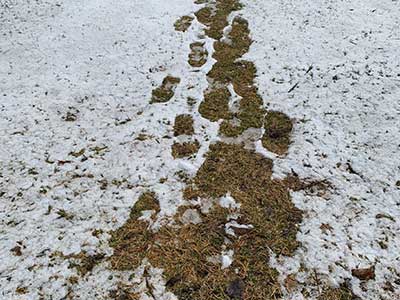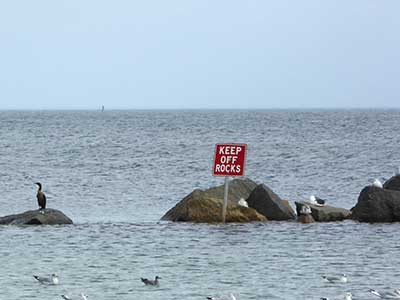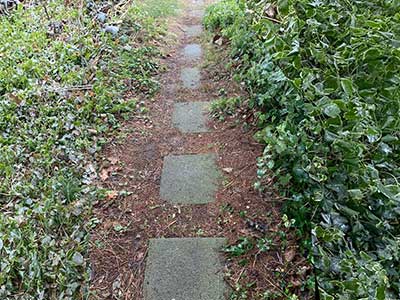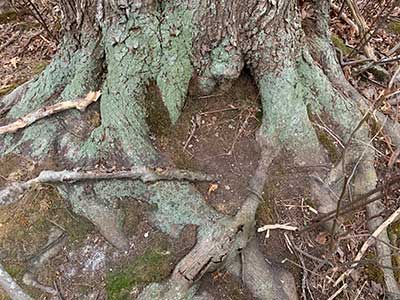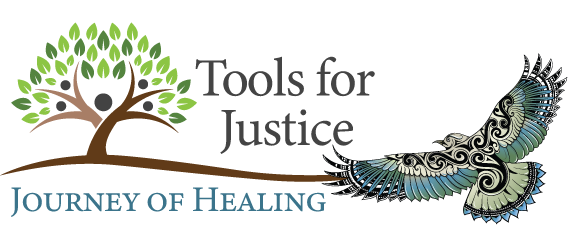
Are Apologies Enough?
by Facing History
Excerpt from the article…
Stolen Lives: The Indigenous Peoples of Canada and the Indian Residential Schools
Chapter 5:
Prime Minister Harper’s apology was, by and large, well received by the representatives of the First Nations who attended the joint session. They viewed it as an important symbolic act of acknowledgement and a step toward restoring faith between the groups. The apology was a symbolic act on a grand scale. …
Lynda Gray was the executive director of the Urban Native Youth Association at the time. She wrote:
I can only imagine how meaningful the apology would have been to the aboriginal community if he had chosen to walk the walk instead of talk the talk of reconciliation. Some of the important things that the prime minister chose not to share with Canadians include the destruction of the cultural and spiritual traditions that would have helped our communities to recover from the residential-school experiences and the learned negative behaviours of violence, women-hating, homophobia, and elder abuse . . . [as well as] Canada’s refusal to sign on to the United Nations Declaration on the Rights of Indigenous Peoples.




